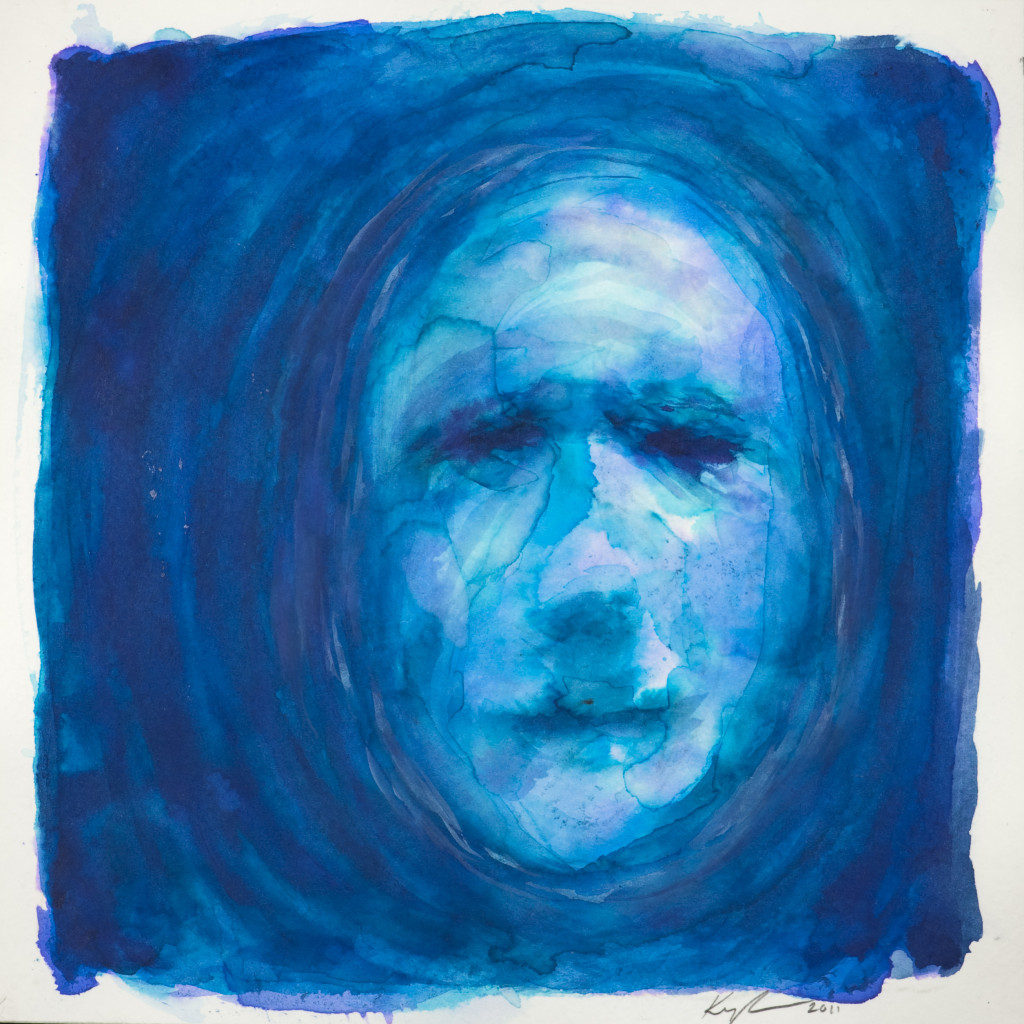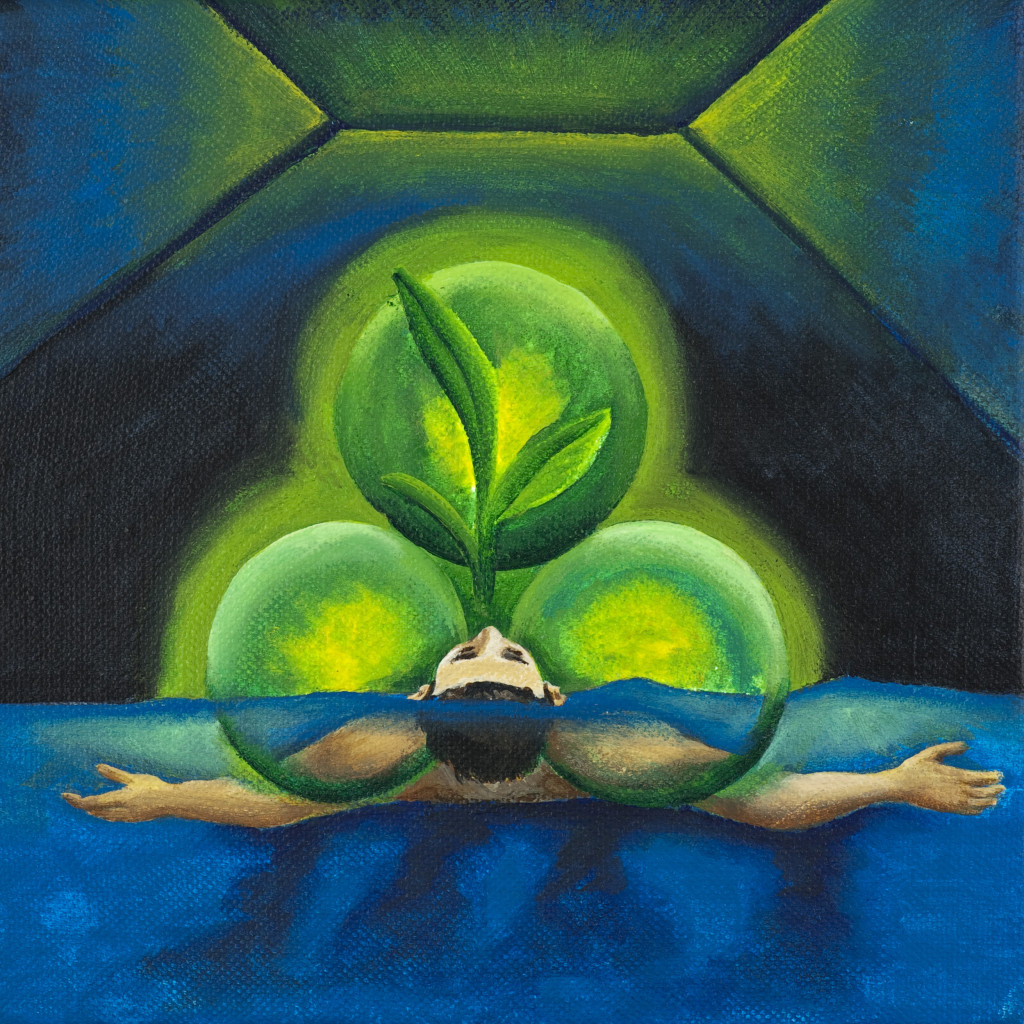One of the most common causes of insomnia is simple stress. And loss of sleep not only makes it harder to deal with the outside stress in your life, but it is itself stressful. It’s a vicious circle.

There are well-known remedies, but most have equally well-known drawbacks. Most drugs are actively habit-forming, or at least have diminishing returns if you rely on them. Meditation can be very powerful, but requires disciplined practice and focus to achieve, practice that becomes harder to do when stressed out and short on sleep.
Simply taking 90 min to stop and float, though, can help you break the vicious cycle. It triggers your relaxation response physiologically, so there’s no need for you to summon concentration when your brain is out of resources. And astonishingly, it actually shows increased effect with repetition. Continue reading Floating and sleep



